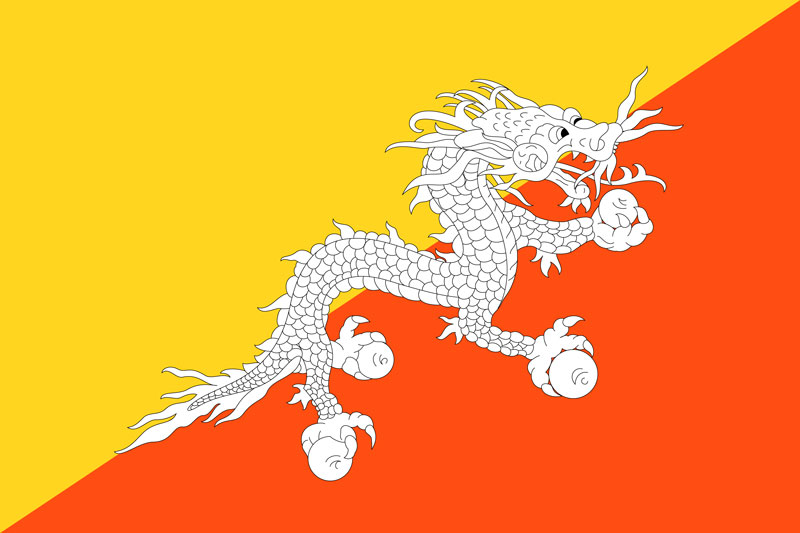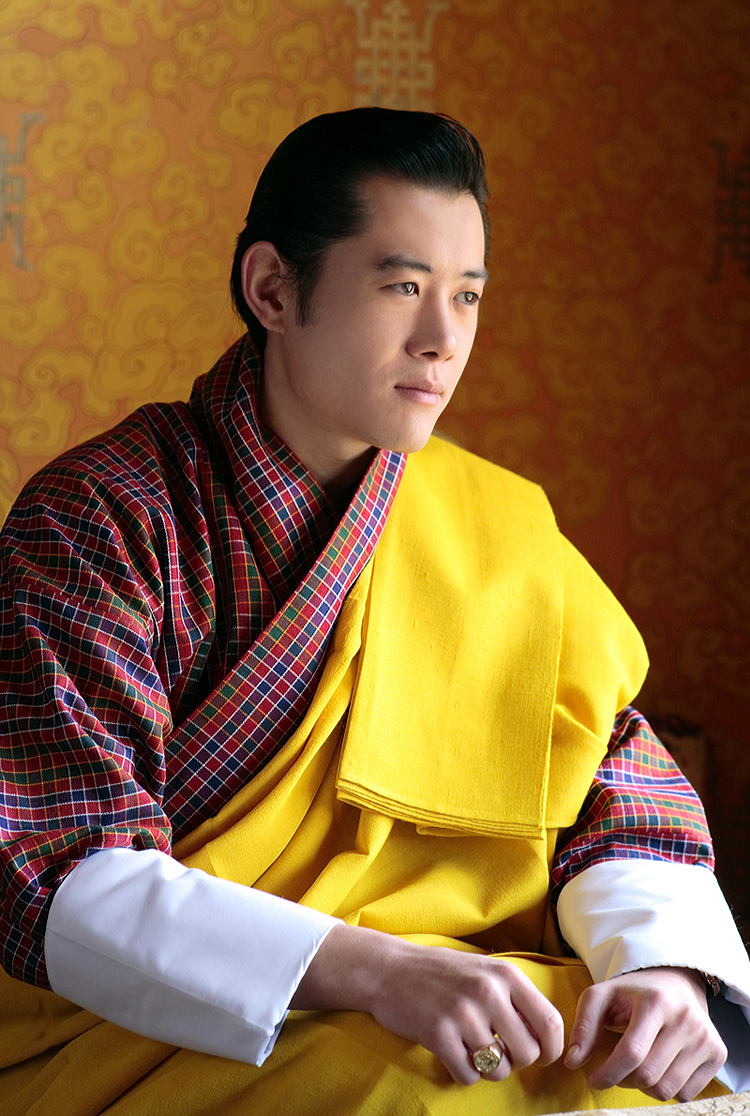Full Country Name : The Kingdom of Bhutan
Area: 38,394 sq km
Population: 7,35,553 (2017 population census)
Capital City: Thimphu – Population: 106,487 (2017 population census)
Urban Population: 35.6% of total population
Language: Dzongkha, English, Sharchop, Nepali etc
Religion: 70% Buddhist, 25% Hindu, 5% others
Government: Democratic Constitutional Monarchy


KING
The present King-His Majesty King Jigme Khesar Namgyel Wangchuck, is fifth in succession. After his father (His majesty Jigme Singye Wanchuck) abdicate his throne in his favour, he became king in 9th December, 2008. He is popularly called as (common man’s King)

PRIME MINISTER
Dr. Lotay Tshering is a Bhutanese politician and doctor who is the current Prime Minister of Bhutan, in office since 7 November 2018. He has also been the president of Druk Nyamrup Tshogpa since 14 May 2018.
BHUTAN STANDARD TIME
Bhutan time is 6 hours ahead of GMT and there is only one time zone throughout the country.
LANGUAGE
The national language is Dzongkha. English is widely spoken in major towns and is a medium of instruction in schools. Other widely spoken languages are: Nepali, Bumthap, Sharchop and Hindi. There are hosts of local dialects spoken in small villages within the country.
MONEY
The unit of currency is called Ngultrum (Nu), which is at par with Indian Rupee. The Indian rupee bill of 100 and below are also legal tender. But bills of higher denomination such as 500 and 1000 are restricted due to counterfeit issue. Major convertible currencies and travelers’ checks can be exchanged at banks in all major towns. Certain credit cards (MasterCard, Visa, & American Express) are accepted at some international brand hotels and also by some gift shops. ATM facilities are also available but they are not reliable due to frequent network problem.
FOOD & DRINKS
Particularly in Thimphu, Paro, Punakha and Bumthang, there are fair bit of restaurant, offering culinary choices. But most guests eat in the hotel they are staying but option are provided to eat outside in local restaurant also.They are clean, hygienic and chef mitigate the typical chilly bhutanese dishes chiefly “Ema Datshi” to fill in the western palate.
It is safer to drink bottled, boiled and filtered water. A reasonable variety of both hard and soft drinks are available in hotels, restaurants and shops in most towns.
Regional Drinks – The most popular local drinks is “Suja” a local tea made with salt/sugar and butter.“Ara” local hard drinks – spirit distilled from rice.” Chang” – a form of beer, cereal based and generally home brewed.Many Bhutanese enjoy drinking traditional homemade alcoholic brews.
The legal drinking(Alcohol) age is 18 years.
SAFETY
The current crime rate is extremely low, making Bhutan one of the safest places in the world. It is rare to feel insecure within the country.Generally people are good natured, friendly and helpful.
COMMUNICATIONS
All major towns have basic communication facilities including post, telephone, fax and telegraph. Television and internet were introduced in 1999, and nowadays, most of the hotels avail internet facilities.Albeit it mayn’t be as fast as you are used to in west. Cell phones network are widely available and you can easily purchase a local sim card if you bring your device.
